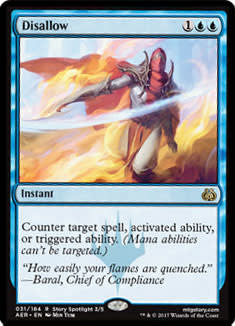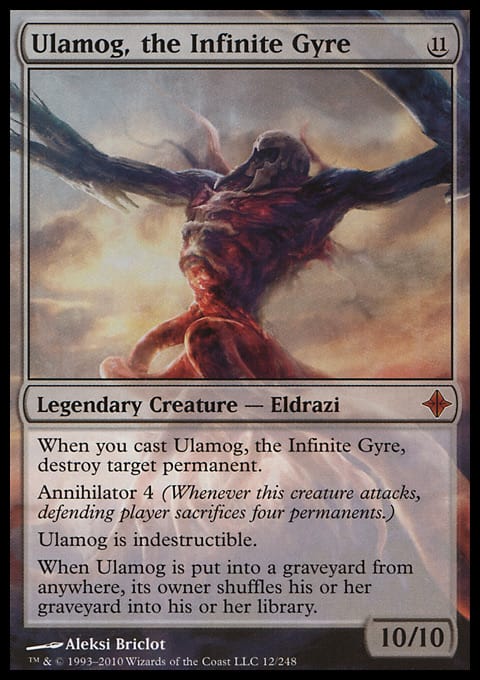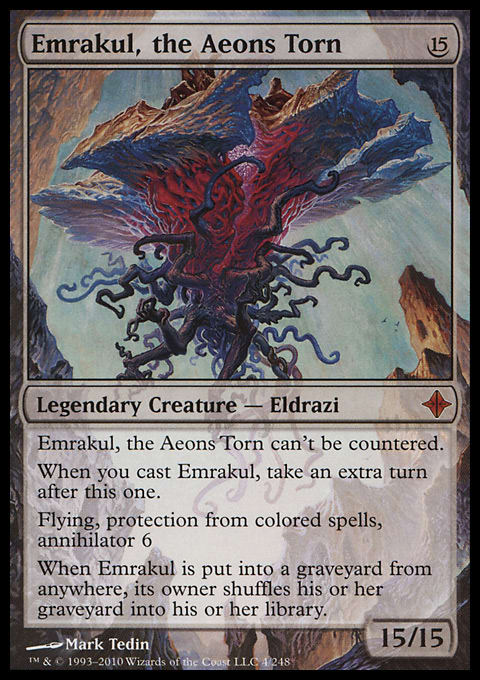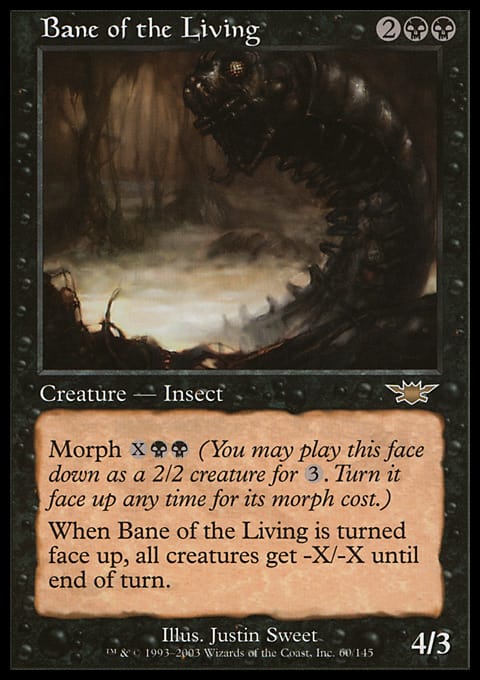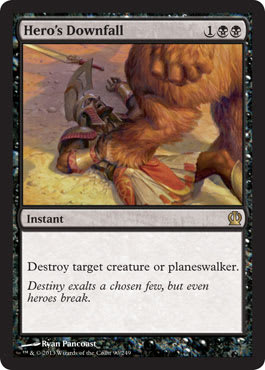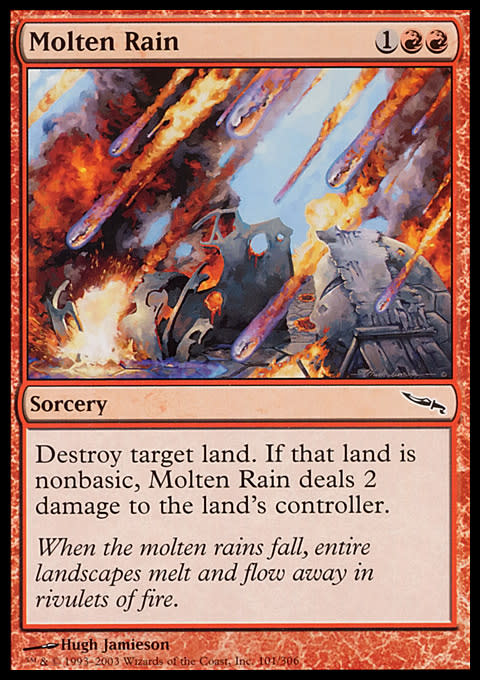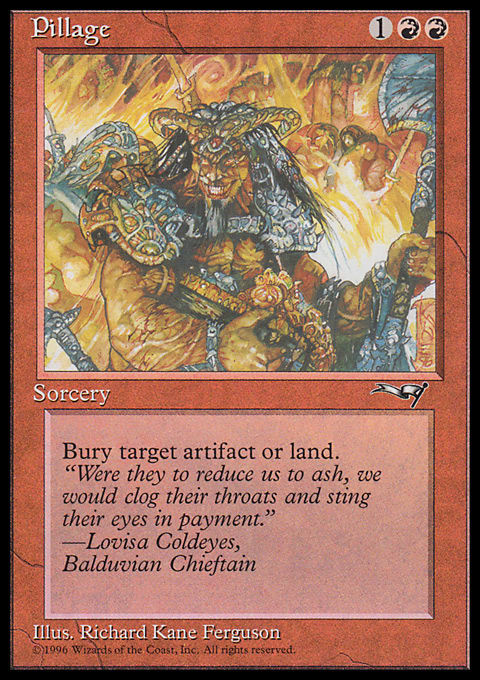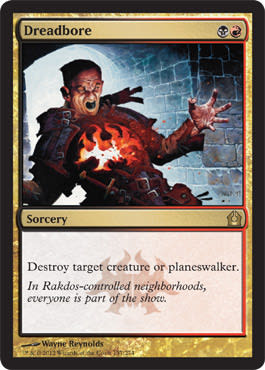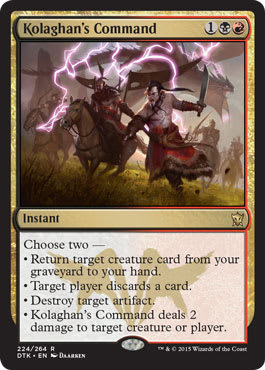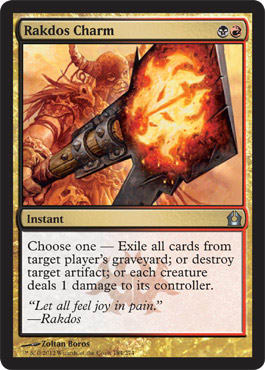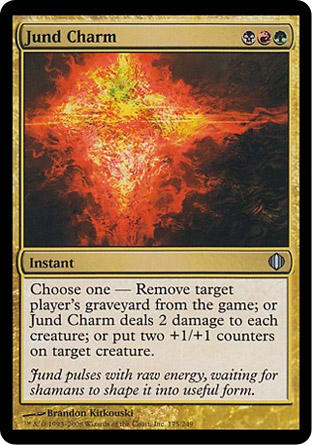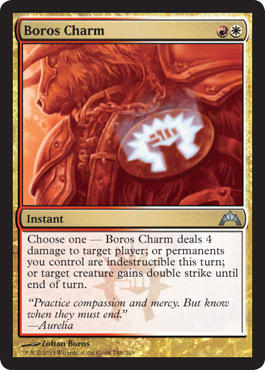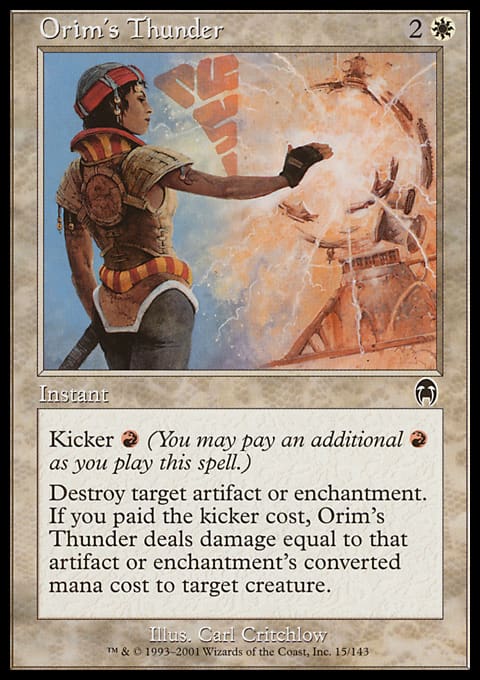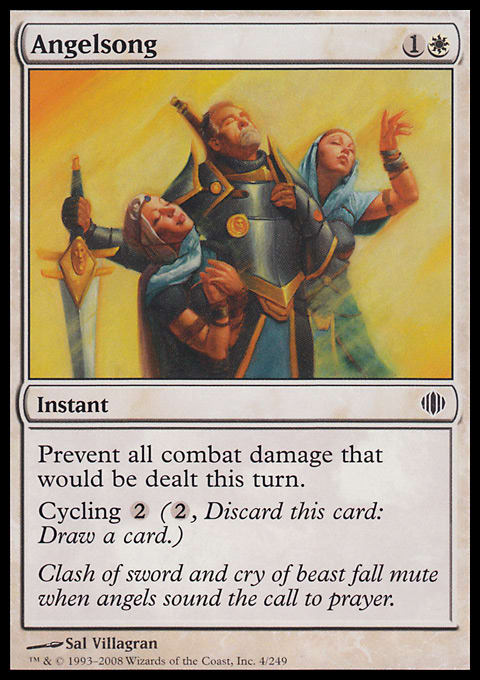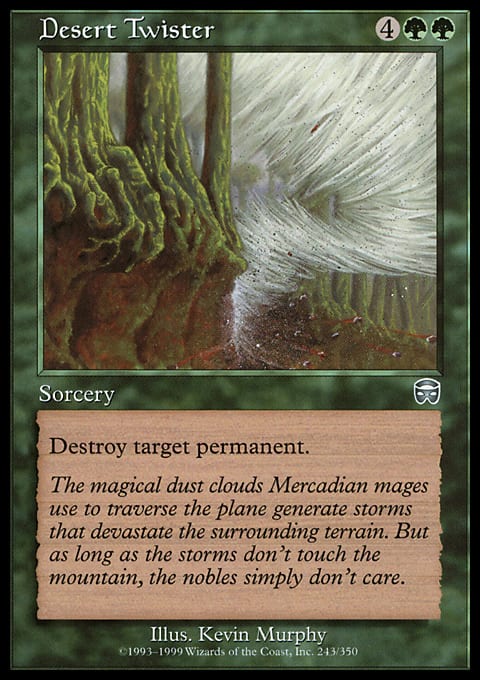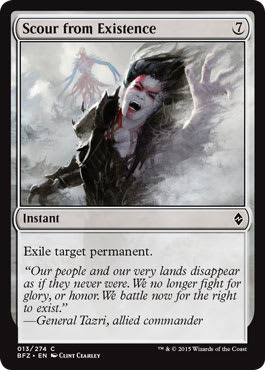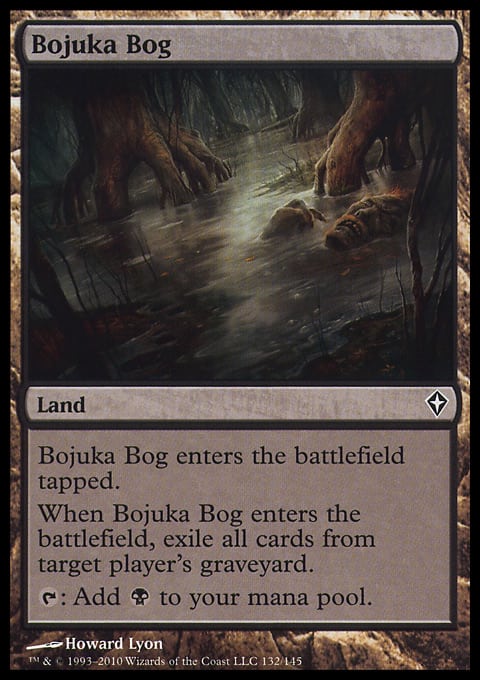Hello Folks! Happy Holidays!
As we close 2018, I want to talk with you about a key point to consider when playing multiplayer. It's something I often discuss in smaller numbers here and there, but have never actually taken an entire article topic to address.
The principle of flexibility is vital in any multiplayer game, from Commander to 60-card, 20-life chaos.
As we embrace the window between sets, releases, and years, this is a great time to step back and talk about theory.
So, what do I mean when I talk about flexibility? And why do I consider it so important?
Great questions! Let's answer them in the reverse order:
You are sitting down to play some Commander at a local game store, and you only know one of your foes, in a pod of five players total.
Your friend is running a Muldrotha, the Gravetide deck, while the three you don't know flip over Inalla, Archmage Ritualist, Ghave, Guru of Spores, and Anex and Cymide.
Now, let's assume you are facing:
Fast Boros Aggro
Slow Wizard Control
Graveyard Based Long-Game Grinding
Mid-Range Token-Counter Fun Times
Now that's four distinct builds that aren't unusual for Commander specifically or multiplayer generally.
The tools that you need to slow down Boros are going to be different than the tools you'll need to face the controlling Wizard deck or the graveyard deck or the Ghave mid-range deck. Each is looking for different cards and methods to win. If you cannot answer the graveyard madness of Muldrotha, you might not win. If you cannot deal with the speed and precision of the Boros deck, you might not win. If you cannot deal with the prolonged controlling game of the Wizard deck, you might not win. If you cannot deal with the Token and counter dorks, then you might not win.
When you sit down, if you don't have a plan for taking out multiple threats, then you can't handle multiple threats.
You never know what decks you are facing, and unlike a Constructed tournament where you know the metagame, you don't know what is going to be shuffled against you. You can't tell if it's a tempo deck that uses Stasis or an infect deck or a control deck or a milling deck that seeks to win grindingly slowly. You can't tell. And if you are ill-equipped to handle multiple issues and threats, then you are ill-equipped to win.
That's why it's needed...
Now, as to the first question, what do I mean when I use the term "flexibility"?
Let's look at a useful example:
Compare Disallow and Dissolve. Now both of these are 3 mana counters with the same casting cost. Both are upgrades of Cancel in that they add something else for the same cost. But nine times out of ten, Disallow is the better option for multiplayer. (The only exceptions would be in a deck where scry is much more important than normal.)
Adding the ability to counter abilities is very important. You can Disallow a triggered ability that would otherwise be uncounterable (such as an uncounterable creature that has an enters-the-battlefield trigger that hurts you).
Disallow can counter the cast-trigger of Ulamog, or the death trigger that reshuffles it, so it's a better answer to a card like this than a mere counter would. Both Disallow and Dissolve will hard counter it, but Disallow gives you a more colorful palette of answers.
Are you playing in a multiplayer format where Original Emrakul is legal? Dissolve can't do anything to it but Disallow will stop the Time Walk effect or the shuffle later, so when you do manage to off it, you won't have to manage to do so again and again.
What if someone dropped a morph creature under your counter magic, and then later wants to flip it for a powerful effect? Disallow can counter the morph trigger and now you just have a 4/3 Bane of the Living. Dissolve is just going to sit in your hand and suck.
When I discuss the important of this concept of flexibility, I want you to think about Disallow. This is what I am talking about. It gives you value beyond the card itself.
Here are a few other examples:
Murder vs Hero's Downfall, or
These are examples of cards where there is a more flexible option for the same cost.
Now let's look at some routes to find flexibility for your deck!
From Mono to Gold
One key place I like to look to find better options is by moving into multiple colors. The discount you buy from combining colors can make it very cost effective.
Imagine that you are build a Rakdos deck for your next multiplayer night. You want to add in some removal.
If you wanted to add in just creature removal, there are a lot of creature removal spells in Black and a lot of burn spells in Red that would work. However, you could, instead, run...
...cards like these that give you more flexibility than a mere mono-colored removal spell might.
Similar options are in multiple places.
In this color duo you have Kolaghan's Command which is tremendously flexible. You can answer an artifact, force a key discard, Shock something or Raise Dead something, all at instant speed. And don't sleep on Rakdos Charm or something similar. You might not normally want to exile a graveyard, but it's nice to have it as an option when you are facing a reanimation deck!
Or how about Jund Charm instead?
Jund Charm is awesome! Pyroclasm at the right time can change a battlefield, and you can toss some counters to win a key battle, and you can exile a graveyard as well. Whichever makes sense and fits your need. By adding more colors, you give yourself additional flexibility! Cards like Boros Charm are famous for taking out a 'walker, killing someone with double strike or 4 damage out of nowhere, or saving your stuff for a turn.
Hull Breach is another good example of gold flexibility as you have three options based on the game state, one of which destroys two targets for 2 mana. There are many Hull Breaches out there!
Add Mana
Another great way to find flexibility is to add a little mana to your card.
Orim's Thunder is one of my favorite cards out there. You are paying an additional mana upfront if you just want to destroy an artifact or enchantment like a Disenchant or Naturalize. But for just one more mana you can usually kill a key dork at the table, which makes this a ![]()
![]()
![]() for "Destroy target enchantment or artifact AND target creature." That's pretty flexible at instant speed.
for "Destroy target enchantment or artifact AND target creature." That's pretty flexible at instant speed.
Another key example of this is cycling. If a card is a dead effect, then you can't normally cast it and it's a dead card in your hand - which is a bad feeling. However, if it has cycling, then you can cycle into something better. Suppose you want to run a Fog effect that prevents damage. Sometimes this effect can win you the game, and sometimes it's just a dead card. By playing Angelsong as your Fog effect, you can cycle it when it doesn't work and then replace it with other effects. But that effect will cost more mana. Your typical Holy Day costs 1 mana, and this costs two. But that extra mana is worth it.
The best example of this "pay more" effect is Desert Twister, which is maximally flexible with its ability to destroy any permanent for 6 mana. Even though it costs another mana, I'll often run Scour from Existence in my decks as an instant exiling answer to anything in life. Again, these are so expensive that they aren't as commonly run as others, but if you are running a Green ramp deck with the sick ramping styles of Gaea's Cradle and such, then Desert Twister or Scour really cost about half as much. I run Scour in a Mono-Black Commander deck that makes the mana with Cabal Coffers and my Mono-Red builds that don't have a lot of answers and need them.
You will find many of these flexible additions to your deck if you add some mana.
Add Time
Another place to scour for flexibility is time.
Take these two lands:
Sunpetal Grove can arrive untapped and ready to be tapped immediately. However, by running a Temple of Plenty, the land can't be used immediately, but you can get a scry 1 effect instead. You are trading the ability to use the land immediately for an effect that adds flexibility.
Bojuka Bog is a commonly used answer that can be played in multiplayer to take out a graveyard. The only cost is time! There are other examples of this as well. For example, some mana rocks enter the battlefield tapped but give you more options such as becoming a creature (Guardian Idol). These sorts of cards require you to invest a little time into giving yourself more flexibility,
And there we have it! Those are three major routes that I like to explore to find cards that increase my options and thus are more flexible. Look for these options out there! Look for split cards and cards with multiple options!
I'd like to leave you with one final option. Head to Gatherer and search for any card with the rules text "Choose one" and this will let you see the cards out there like Hull Breach or Abrade that are potential options to see what works best for you.
Thanks for reading! Any favorite flexible options out there that you love? Anything I missed? Anything in here spark your own deck-building?














